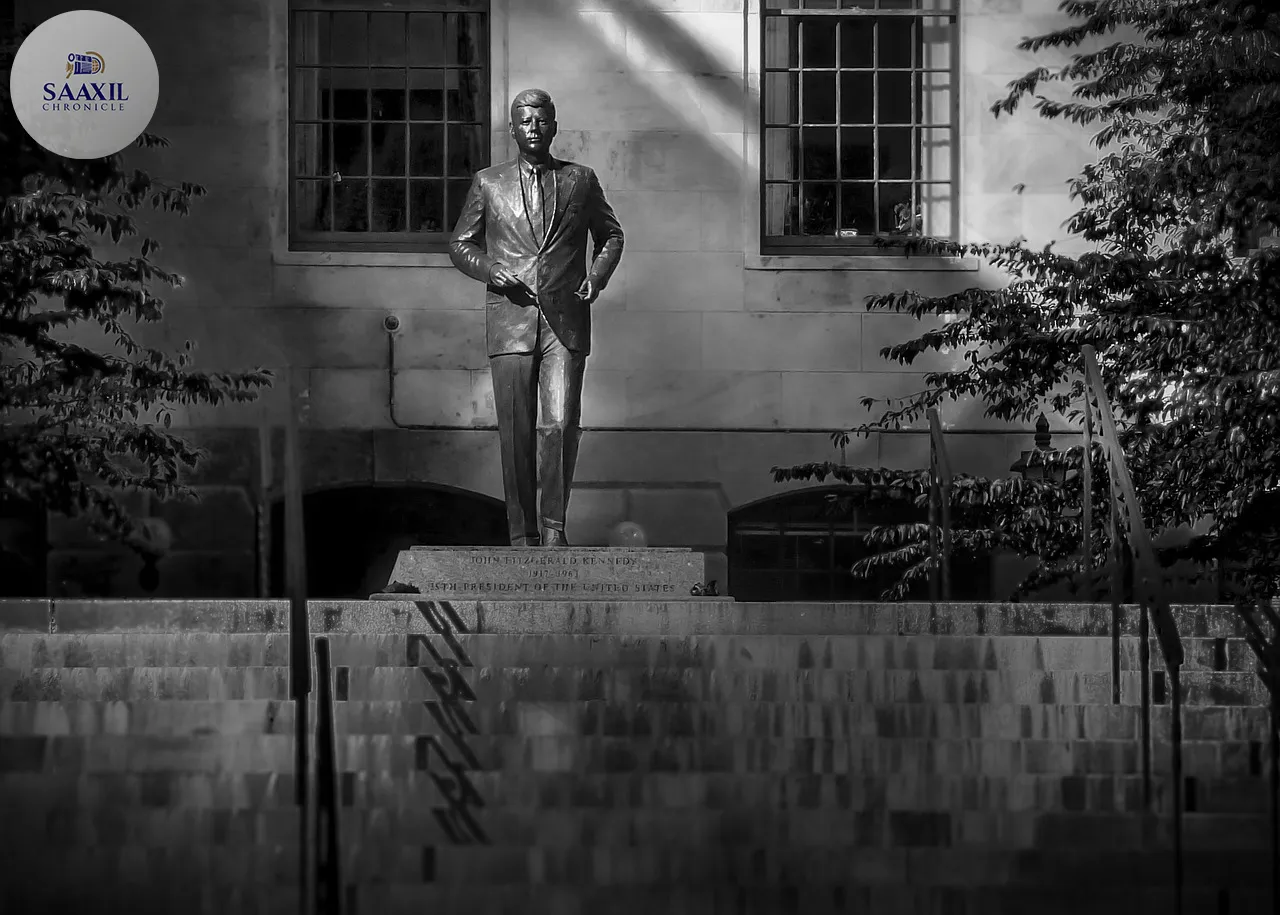The recent release of files related to the assassination of former US President John F. Kennedy has sparked renewed interest and debate. Despite expectations of groundbreaking revelations, experts highlight the absence of major new findings. This release, however, marks a significant step towards increased transparency in one of history’s most scrutinised events. The files, released on 19 March 2025, have reignited discussions about the assassination, with historians and scholars closely analysing the documents.
A Long-Awaited Disclosure
The release took place under the auspices of the National Archives and Records Administration (NARA) in Washington, D.C. This move comes as part of a broader push for transparency, mandated by the President John F. Kennedy Assassination Records Collection Act of 1992. The law required that all assassination-related records be disclosed to the public, barring any specific national security concerns. Despite these efforts, some documents remain sealed, leading to ongoing public curiosity and speculation.

Examining the Contents of the Files
The newly released files comprise thousands of documents that have been the subject of intense scrutiny by researchers and historians. Experts note that while the files add context to existing narratives, they do not fundamentally alter the established understanding of the events surrounding Kennedy’s assassination. For instance, previously classified documents reveal details about the intelligence operations of the era, but they stop short of uncovering any definitive new evidence about the assassination plot itself.
David Lifton, a noted JFK researcher, commented, “The files provide a deeper understanding of the intelligence landscape of the 1960s, but they do not offer a smoking gun.” Such observations underscore the files’ role in enriching historical context rather than rewriting history.
The Ongoing Quest for Truth
Despite the release, some documents remain withheld, citing reasons related to national security and privacy. This has led to criticism from transparency advocates who argue that full disclosure is necessary to satisfy public interest and dispel lingering doubts about the assassination. The continued withholding of certain files has fueled conspiracy theories, as some believe these documents hold crucial information about the events of 22 November 1963.
Larry Sabato, a political scientist at the University of Virginia, stated, “Complete transparency is essential to put to rest the numerous theories that have persisted over the decades. Until every document is released, questions will remain.”
Historical Context and Public Interest
John F. Kennedy’s assassination remains a pivotal moment in American history, and it continues to captivate public interest. The event has been the subject of numerous investigations, including the Warren Commission, which concluded that Lee Harvey Oswald acted alone in the assassination. Despite this official account, alternative theories have persisted, fuelled by inconsistencies and the secretive nature of some government documents.
The release of these files is part of a broader trend towards transparency in government, reflecting a desire to address historical mysteries with openness. However, the incomplete nature of the disclosure highlights the challenges inherent in balancing transparency with national security considerations.
Looking Ahead: The Impact of the Release
As researchers and historians continue to pore over the newly released files, the hope is that they will contribute to a more nuanced understanding of the Kennedy assassination and the geopolitical climate of the 1960s. The release underscores the importance of transparency in historical events and the role of public access to government records in shaping collective memory.
In the coming months, scholars will likely continue their analyses, hoping to glean new insights from the documents. The files’ release also serves as a reminder of the enduring fascination with Kennedy’s presidency and the tragic events that ended it. As more documents are gradually released, the quest for a complete picture of the past continues, reflecting society’s enduring quest for truth and understanding.





